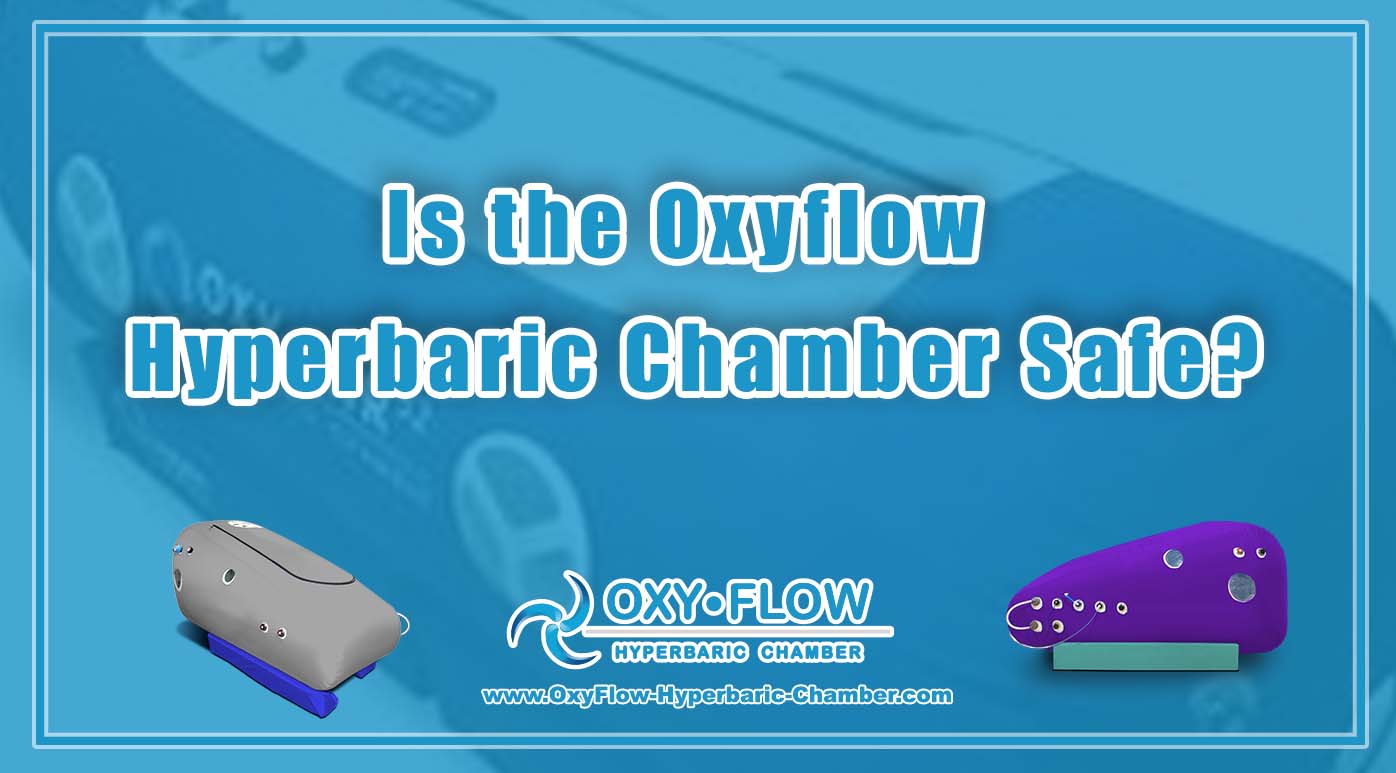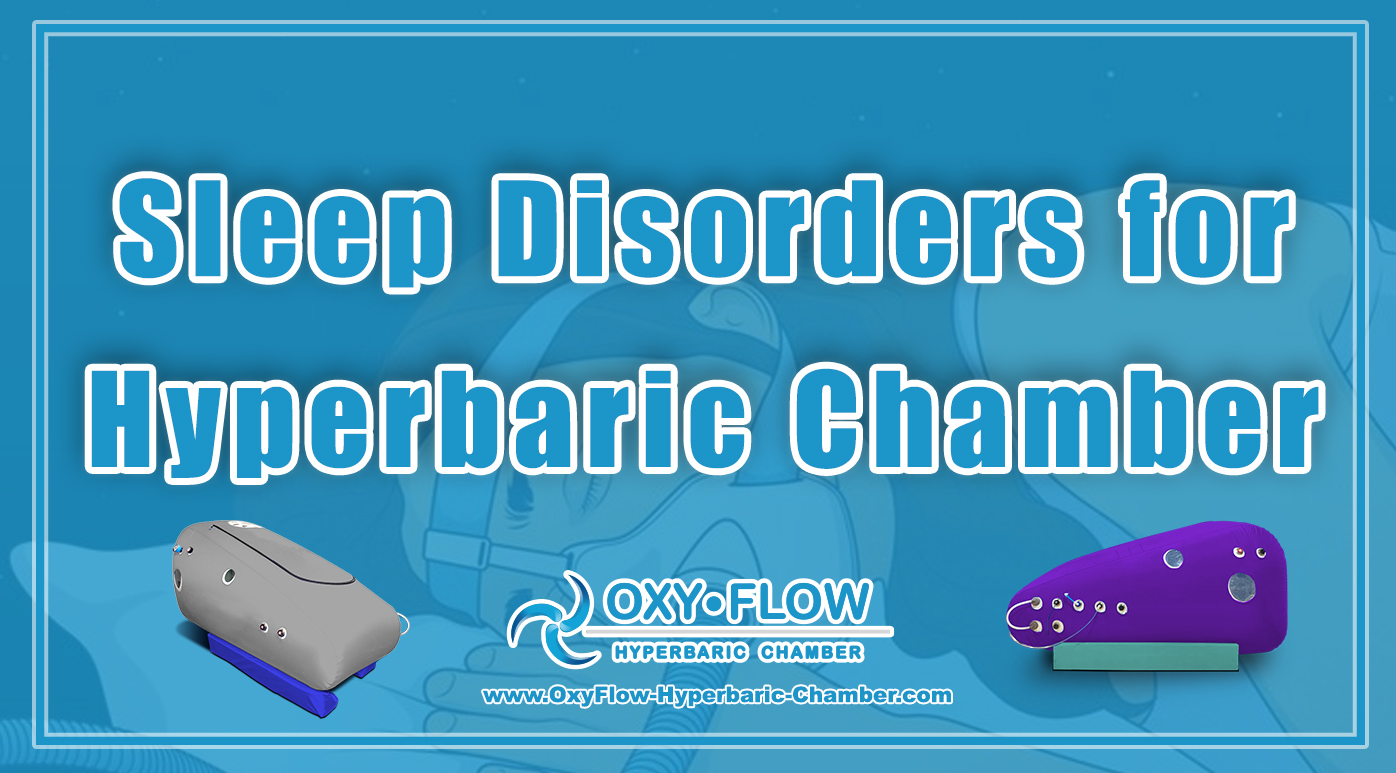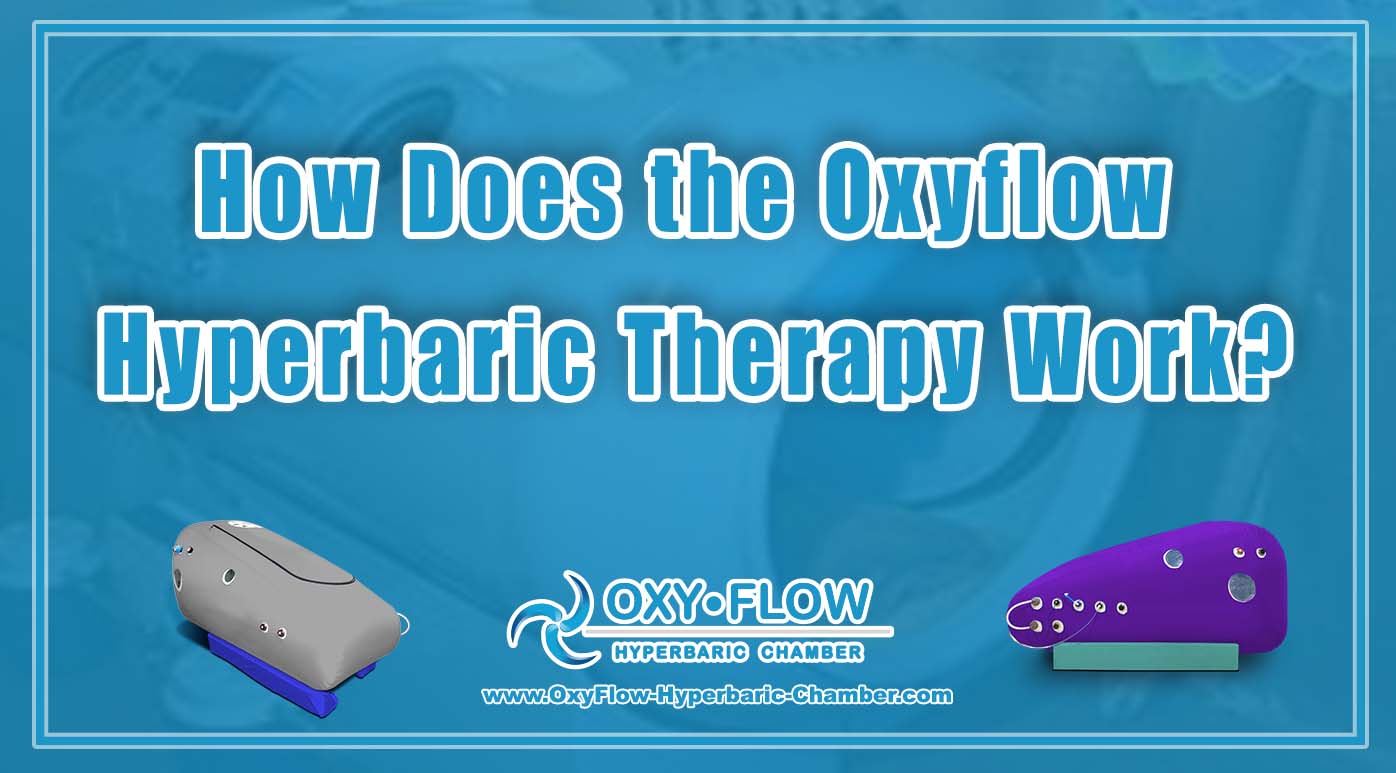
Menu
Sleep Disorders for Hyperbaric Chamber
Sleep Disorders for Hyperbaric Chamber

Sleep is a crucial part of our lives and essential for maintaining good physical and mental health. However, for many people, quality sleep can be elusive due to a variety of sleep disorders. These disorders can have a significant impact on a person’s overall well-being, and finding effective treatment is essential.
Common Sleep Disorders.
Several different types of disorders can affect individuals. Some of the most common include:
- Insomnia: This is characterized by difficulty falling asleep or staying asleep, leading to inadequate rest and disturbances in the sleep-wake cycle.
- Sleep apnea: This condition involves pauses in breathing or shallow breathing during sleep, leading to disrupted sleep and low oxygen levels in the body.
- Restless leg syndrome: People with this disorder experience discomfort and an urge to move their legs, often leading to disrupted sleep patterns.
- Narcolepsy: This is a neurological disorder that causes excessive daytime sleepiness and can lead to sudden and uncontrollable episodes of falling asleep during the day.
- Parasomnias: These are disruptive sleep disorders that can include sleepwalking, night terrors, and REM sleep behavior disorder.
The Impact of Sleep Disorders.
Sleep disorders can have a significant impact on an individual’s quality of life. The consequences of untreated sleep can include:
- Daytime fatigue and reduced energy levels
- Impaired cognitive function and decreased ability to concentrate
- Mood disturbances, including irritability and depression
- Increased risk of accidents and injuries
- A higher risk of developing other health conditions, such as hypertension, heart disease, and diabetes
Given the wide-ranging impact of sleep disorders, finding effective treatment options is critical for improving overall health and well-being.
The Role of Hyperbaric Chambers.
Hyperbaric oxygen therapy (HBOT) has been gaining attention as a potential treatment for a variety of conditions, including sleep disorders. Hyperbaric chambers are pressurized enclosures that allow individuals to breathe in pure oxygen, resulting in higher oxygen levels in the bloodstream and throughout the body.
Research into the use of hyperbaric oxygen therapy for sleep is still in its early stages, but some preliminary studies and anecdotal evidence suggest potential benefits. The increased oxygen levels delivered during hyperbaric therapy have the potential to positively impact the functioning of the brain and nervous system, which are crucial for regulating sleep.
Potential Benefits of Hyperbaric Oxygen Therapy for Sleep Disorders.
While more extensive research is needed, some potential benefits of hyperbaric oxygen therapy for disorders may include:
- Improved sleep quality: By promoting better oxygenation of the body and brain, hyperbaric therapy may contribute to more restful and restorative sleep.
- Enhanced cognitive function: Higher oxygen levels can support better cognitive function, which may help individuals with sleep disorders experience improved clarity and alertness during the day.
- Overall well-being: Improved sleep can have a positive impact on an individual’s overall health and well-being, leading to better physical and mental health outcomes.
Conclusion.
Sleep disorders can have a profound impact on an individual’s life, but effective treatment options are available. By increasing oxygen levels in the body and brain, hyperbaric therapy may offer benefits such as improved sleep quality, enhanced cognitive function, and overall well-being. As research in this area continues to evolve, hyperbaric chambers may become an increasingly valuable tool in the treatment of sleep disorders.
Recent Posts
Product categories
Ready for Hyperbaric Oxygen Chamber?
stay up to date with the latest news


